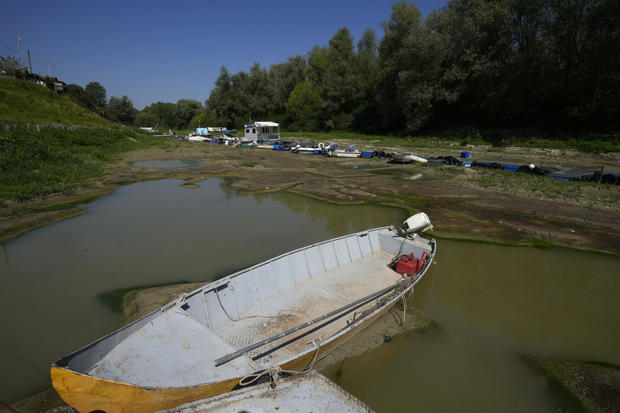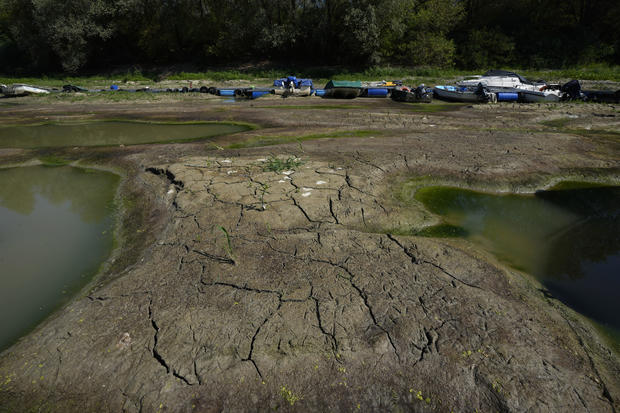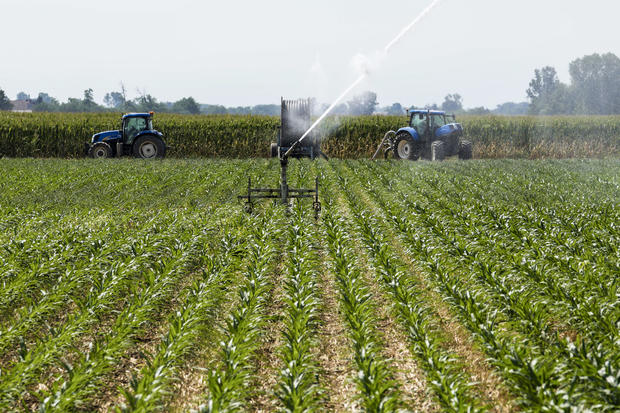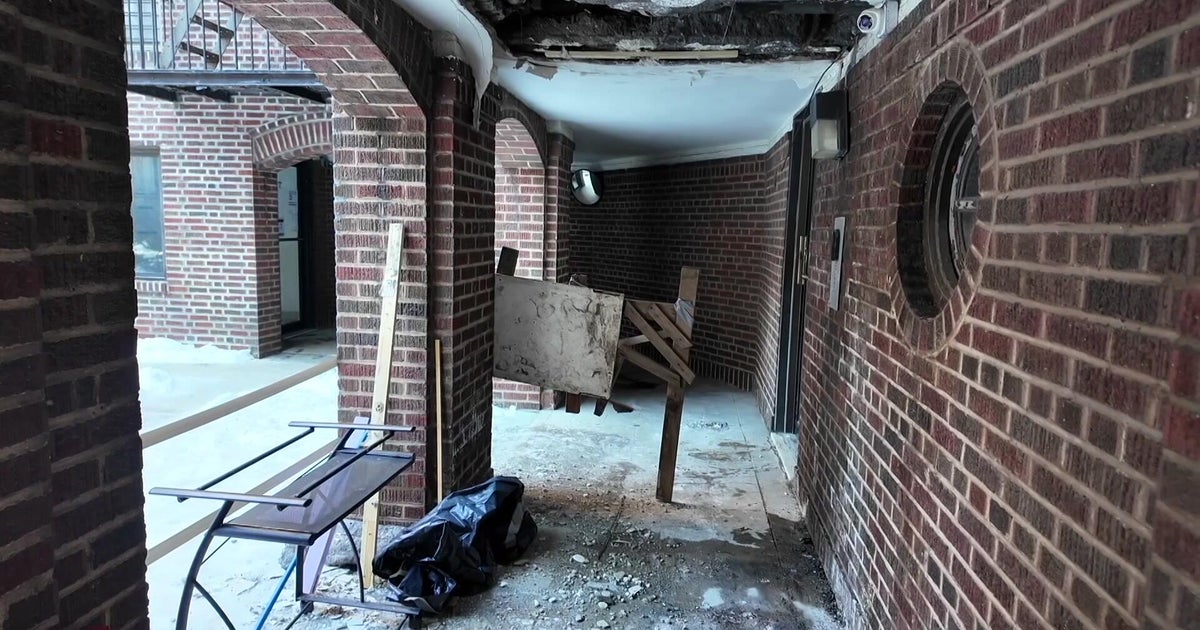Olive oil, risotto rice and pasta under threat as northern Italy suffers its worst drought in 70 years
Ancient Roman ruins found in the Tiber River date nearly 2,000 years, and are normally covered with water. But recently, they can be seen by the naked eye due to a heatwave that has been scorching Italy—bringing what experts are calling Italy's worst drought in seven decades.
Professor of Urban Planning Tom Rankin at La Sapienza in Rome showed CBS News' Chris Livesay where the water from the Tiber River should be.
"The water normally is up to our waist or shoulder height at this point and now I'd say it's gone beyond a wakeup call," he said.
The heat and drought have left rice fields for risotto bone dry. The Po River Valley, which produces 40% of Italy's food like pasta and wine, is in a government state of emergency.
Olive orchards like Olio Petrucci are struggling to keep up with demand as half of their olive trees have dried up. Sabrina Petrucci said this is causing the orchard to raise the final cost of the oil it sells. She said Olio Petrucci, which has been around since the 1600s, could fall if things don't get better.
"We have to rethink our business, even if this is a family business since forever," she said.
Some towns have enacted water rationing procedures. Rome is considering shutting down all public water fountain systems if the drought worsens.
Scientists are blaming global warming for the lack of rain in the region. The drought is believed to have been behind an Italian Alps collapse in July that killed 11 people when record high temperatures caused part of the glacier to melt.






